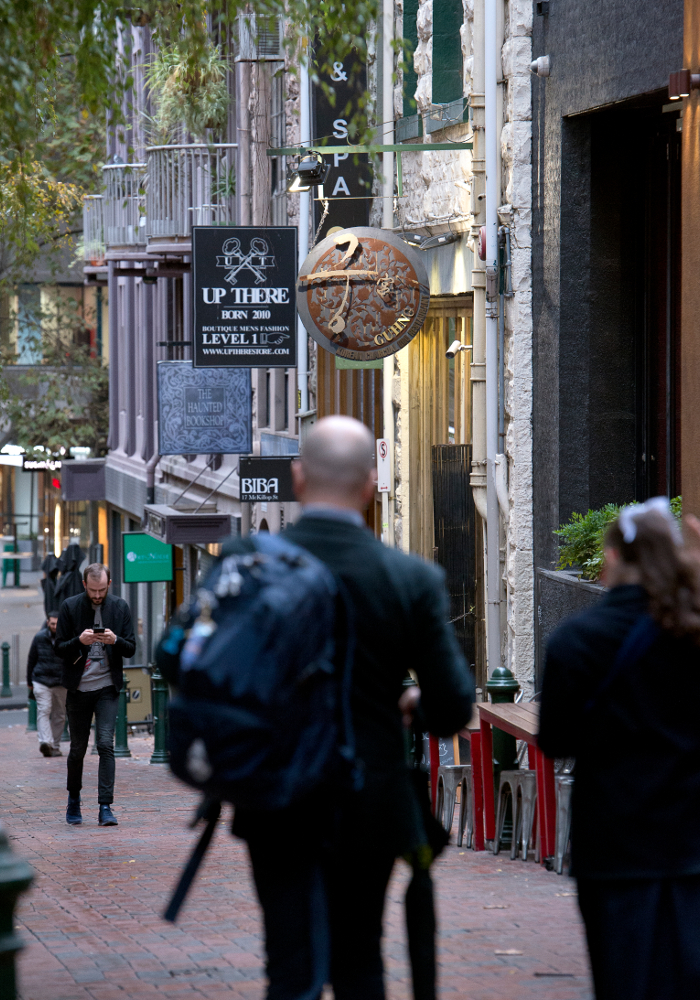The National Institute of Organisation Dynamics Australia (NIODA)
Opening the space for groups and organisations to think differently and to go on thinking in the face of complexity; exploring and creating possibilities for individuals, groups, communities and organisations.
NIODA’s principal purpose is to advance education in the field of systems psychodynamics by operating a tertiary institution, and providing consulting services and training to organisations.

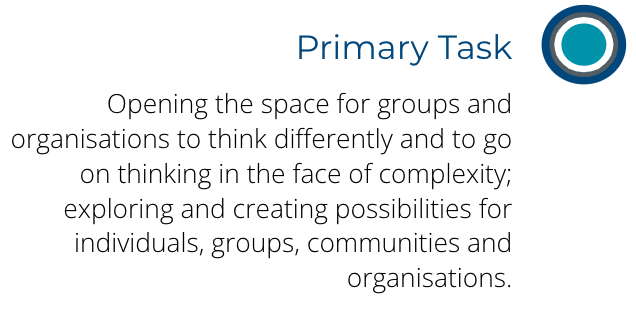
Values
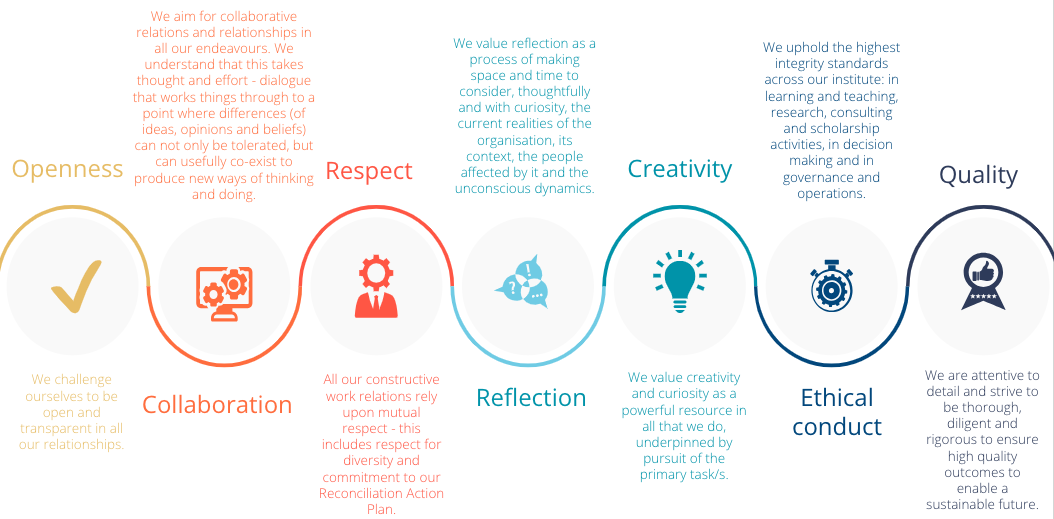
Why systems psychodynamics?
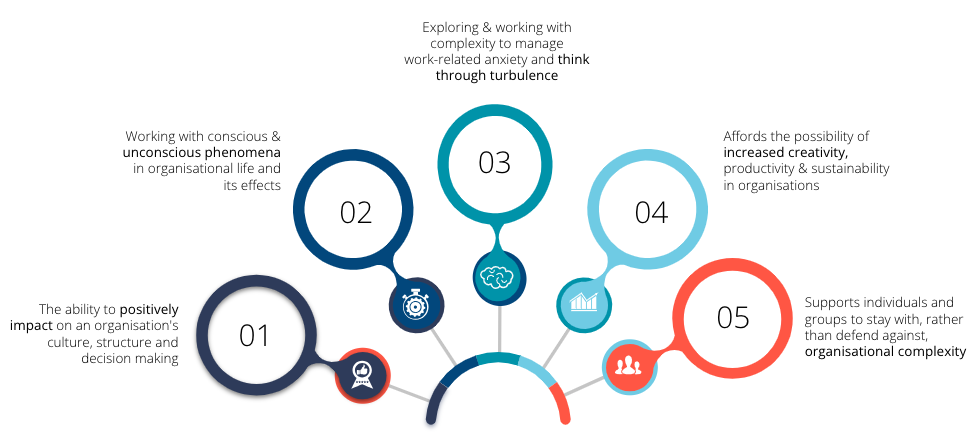
Structure
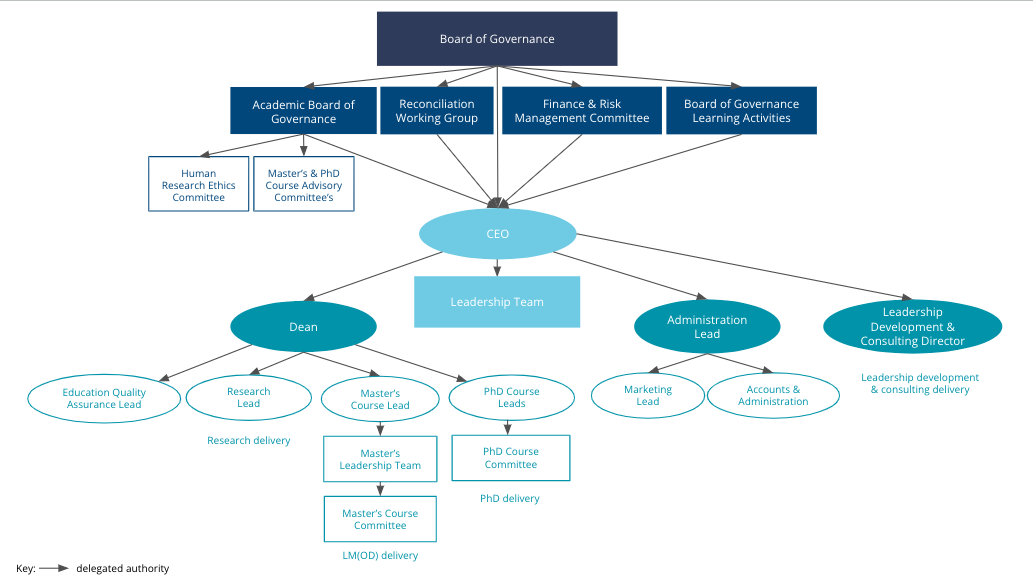
World Leader
Actively involved in the local, national and global fields of systems psychodynamic education and work.
Academic
Delivering high-quality academic programs, research, scholarship, executive coaching & organisational consultancy.
Exemplary
Clear organsational processes, financial stability, creativity, vitality and professionalism.
NIODA’s History
2023
Professor Wendy Harding is conferred as NIODA’s first Dean.
Professor Emerit Susan Long is honoured during a fitting celebration of a life-time of achievement.
Sally Mussared is appointed CEO.
2022
Approval to offer a Graduate Diploma and Graduate Certificate in Leadership and Management (Organisation Dynamics) extending students study options.
2021
Approval to offer a Doctor of Philosophy (PhD). An important milestone for systems psychodynamic work in Australia.
Live interactive online classes enabling global student access.
2020
Dr Judy Kent is appointed Board of Governance Chair as Seth Thomasson retires to join the academic staff.
2018
Professor Emerit John Newton conferred – a fitting tribute to an extraordinarily gifted career that has profoundly impacted organisations.
2017
NIODA’s first Master of Leadership and Management (Organisation Dynamics) Graduation Ceremony.
2016
Approval of registration as an Institute of Higher Education and accreditation of Master of Leadership and Management (Organisation Dynamics) course. This is testament to the value of systems psychodynamic work and the begining of another exciting journey.
2015
2014
The very successful three year professional development program ‘Leadership, Management and Organisation Dynamics’ began.
2011
Hosted the Annual ISPSO Symposium in Melbourne.
2010
Established NIODA to ensure continuity of systems psychodynamic education in Australia into the forseable future, including program development, research and discipline growth.
RMIT shifted the organisation dynamics programs to the School of Management which favoured a more generic Master of Management course. The programs at the time were fully enrolled and their reputations high amongst students, alumni and their organisations.
2008
2000
Swinburne shifted focus to entrepreneurial business education and the programs moved to RMIT. The Creative Organisational Systems Group was founded at RMIT. This group included the organisation dynamics masters, led by Associate Professor John Newton, the Professional Doctorate program, led by Professor Susan Long, and the Innovation and Service Management program led by Associate Professor Mike Faris.
Links with the global community of systems psychodynamic educators and practitioners developed. International program visitors, and strong representation in internal bodies culminating in Susan Long’s presidency of the International Society for the Psychoanalytical Study of Organisations (ISPSO).
1981
Formal education in systems psychodynamics was founded in Australia at Swinburne University, Melbourne by Associate Professor John Newton. Over the next 20 years John, and from 1990, Professor Susan Long developed a suite of organisation dynamics postgraduate degrees ranging from a Graduate Certificate through to Professional Doctorate and PhD level.
Organisation Links
NIODA has formal inter-organisational links with:
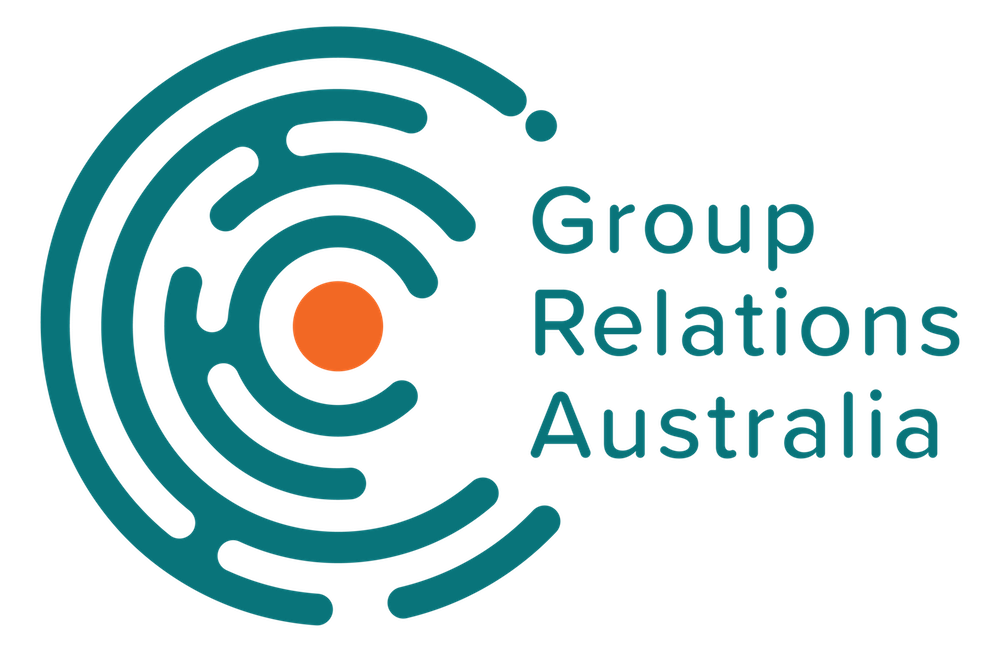
Group Relations Australia
Group Relations Australia (GRA) is a not-for-profit professional association whose members seek to develop the field of group relations and systems psycho dynamics. GRA members apply its methods to working with groups, organisations and communities. Find out about GRA News and Events by following the link.

International Society for the Psychoanalytic Study of Organisations
The International Society for the Psychoanalytic Study of Organisations (ISPSO) provides a forum for academics, clinicians, consultants and others interested in working in and with organisations utilising psychoanalytic concepts and insights. Click here for more…

Independent Higher Education Australia
NIODA is a member of Independent Higher Education Australia which is the peak body representing independent higher education providers in Australia. Click here for more…
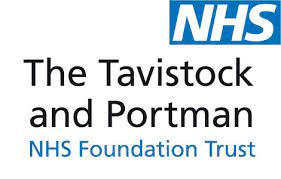
Tavistock and Portman
NIODA and the Tavistock and Portman NHS Foundation Trust (Tavistock and Portman) in the United Kingdom, have a collaborative reciprocal arrangement to support the research and scholarship development to foster an environment of research activity, inquiry and scholarship. Click here for more…

Australian Chiropractic College
NIODA benchmark with the Australian Chiropractic College to compare and contrast institutional practices and delivery of academic courses, research and scholarship to world best practice as a basis for development, improvement and innovation. Click here for more…
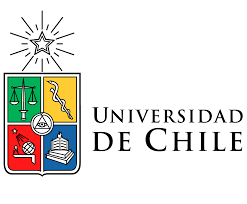
University of Chile
Peer to peer course benchmarking with systems psychodynamic focussed content in the Universidad de Chile’s Master in Personnel Management and Organizational Dynamics, and NIODA’s Master of Leadership and Management (Organisation Dynamics). Comparative strengths and weaknesses are identified as a basis for developing improvements in the academic quality of both institutes. Click here for more…

Roskilde University
Course benchmarking is undertaken between Roskilde University’s Master of Psychology of Organisations, and NIODA’s Master of Leadership and Management (Organisation Dynamics). Both programs offer focussed systems psychodynamics content. The purpose is to identify comparative strengths and weaknesses as a basis for developing improvements in the academic quality of both institutes. Click here for more…
Accreditation & Qualification
Institute of Higher Education
The National Institute of Organisation Dynamics is an accredited tertiary education provider under the Tertiary Education Act, with accreditation and registration conferred in 2016, by TEQSA.
The National Institute of Organisation Dynamics works conscientiously to ensure that all of its courses and graduation processes are in compliance with the Higher Education Standards Framework (Threshold Standards) 2021 and the Australian Qualification Framework (AQF), its Levels Criteria and Qualification Type Learning Outcomes Descriptors and its Qualifications Issuance Policy.
Institute of Higher Education no. 14039.
Directors' Report
If you would like to read NIODA’s annual Directors’ Report, including Annual Financial Statement
NIODA's Constitution
NIODA's Policies
If you would like to read NIODA’s policies.
PO Box 287, Collins Street West,
Melbourne 8007 Australia
+61 (0) 414 529 867
info@nioda.org.au
NIODA acknowledges the Kulin Nations, and respective Traditional Custodians of the lands we work on.
We pay our respects to Elders past and present, and recognise their enduring sovereignty which has, and continues to, care for Country.
NIODA welcomes the Uluru Statement from the Heart’s invitation to walk with Aboriginal and Torres Strait Islander peoples in a collective movement for a better future.

